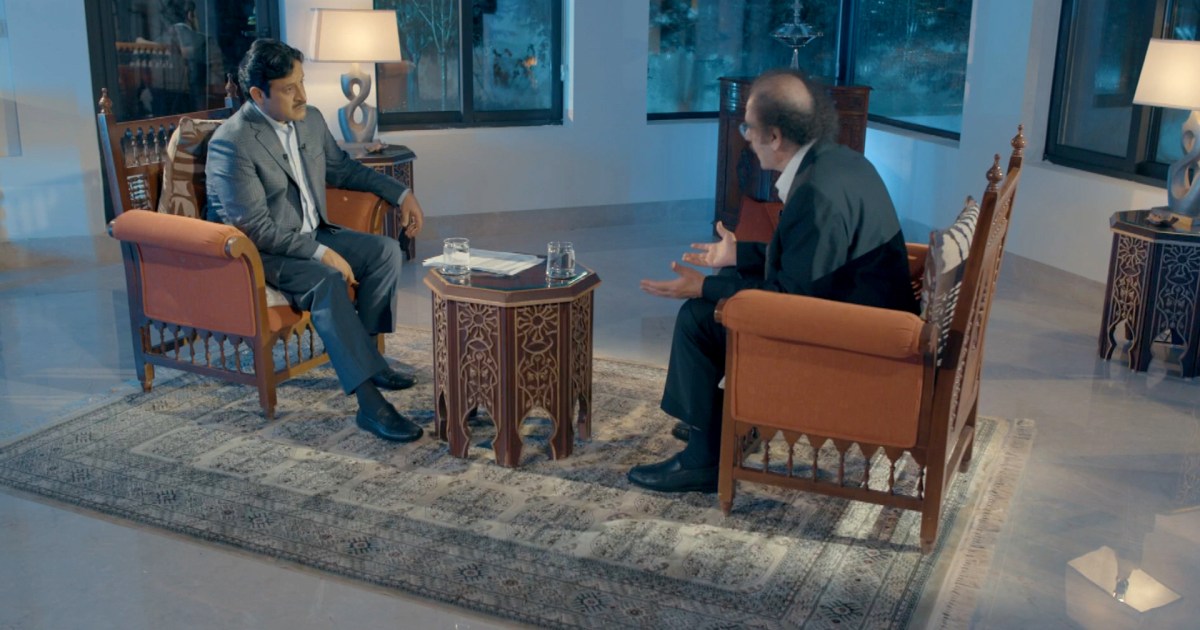The Palestinian writer did not hide the extent of exhaustion he suffered in the series "Al-Farouq Omar Ibn Al-Khattab", which brought him to the hospital from severe exhaustion, due to the great effort he made in reading history, scrutiny and research, and then building events, sequencing the characters, building the dramatic plot and developing the characters.
The Palestinian writer added that the series was not only in the character of Omar Ibn Al-Khattab, but extended to the rest of the companions' personalities as well, and he did not want to narrate only the events, but worked to present human characters and the radical transformation that Islam brought about in the system of public values in social relations in that era .
He added that the work showed the division in Arab society at the horizontal level between the Arab tribes after it was a vertical division between them, where the other tribe faced, before that division turned into a confrontation between Muslims and polytheists, and the work also showed the relationship between Wahshi and Bilal bin Rabah (may God be pleased with him). them) and their path to freedom.
He confirmed that the work, despite the criticism of the work by some before watching it, received wide praise from critics before fans of the work, which was widely successful after its presentation, and reached the stage of satisfaction with it, according to him.
first series
And about the first work written by Walid Seif, the drama writer explained that it was not on his initiative, but rather offered him to write the work, noting that he started from an in-depth historical study of the personality of Al-Khansa and the social life she lived, and began with the dramatic treatment that fits with this era and directed it in a simplified manner.
He added that the Arab history books did not only transmit the events, but also the dialogues that took place in that era, which helps the writer to understand their nature and bring them out to the scenes in a simplified manner, through a linguistic settlement that is easy for everyone to understand.
According to Walid Seif, the most important obstacle facing the writer of historical drama is the lack of scientific tools for accurate scientific methodological research and the opposition of the novels to each other, subjecting them to criticism, and searching for the silent, to show a close image to the audience.
The series "Al-Khansa'a", which was produced in 1977, was his first work, and his second work was "Urwa Ibn Al-Ward" in 1978, then "Tarfa Ibn Al-Abd", "Al-Mu'tamid Ibn Abbad", leading to "Salah Al-Din Al-Ayoubi" and "Saqr Quraish" The “Kings of the Sects,” “The Fall of Granada,” “The Palestinian Alienation,” the most important of which is “Al-Farouq Omar Ibn Al-Khattab.”
The writer and intellectual Walid Seif did not finish "The Interview" until after he invited the youth of today to resist - what he called - the "culture of insignificance" on social media, and to use these platforms for the useful, because they contain great references that enable them to access knowledge within seconds only.

